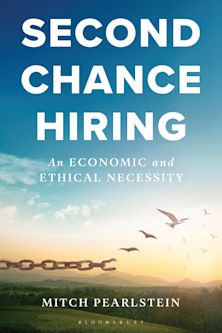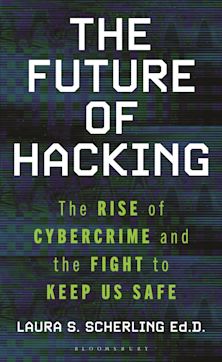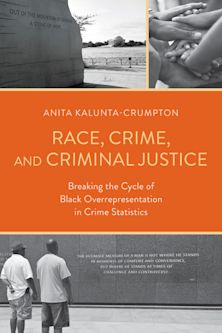Until I Could Be Sure
How I Stopped the Death Penalty in Illinois
Until I Could Be Sure
How I Stopped the Death Penalty in Illinois
This product is usually dispatched within 3 days
- Delivery and returns info
-
Free US delivery on orders $35 or over
Description
In January 2000, Illinois Governor George Ryan declared a moratorium on executions—the first such action by any governor in the history of the United States.
Despite a long history as a death penalty proponent, Ryan was emotionally moved after allowing an execution in 1999. He was also profoundly disturbed by the state’s history—12 men had been executed and 13 had been exonerated since the return of the death penalty in Illinois in 1977. More had been proven innocent than had been executed.
Three years later, in 2003, Ryan pardoned four death row inmates based on their actual innocence and then commuted the death sentences of 167 men and women. This was the largest death row commutation in U.S. history. At that time, 12 states and the District of Columbia barred the death penalty. His actions breathed new life into the movement to abolish the death penalty in the United States. Over the next 15 years, Illinois and seven other states would abolish the death penalty—New Jersey, Maryland, New Mexico, Connecticut, Delaware, New York and Washington.
Today, the push to reform the criminal justice system has never been stronger in America, a nation that incarcerates more men and women than any other country in the world and also wrongfully convicts hundreds of men and women. Although the number of executions carried out every year continues to drop in the U.S., the death penalty still exists in 31 states. Moreover, in some non-death penalty states, factions seek to reinstate it.
Until I Could Be Sure: How I Stopped the Death Penalty in Illinois is, in his own words, the story of George Ryan’s journey from death penalty proponent to death penalty opponent. His story continues to resonate today. He defied the political winds and endured the fury and agony of the families of the victims and the condemned as well as politicians, prosecutors and law enforcement. It is a story of courage and faith. It is a timely reminder of the heroic acts of a Republican Governor who was moved by conscience, his faith and a disturbing factual record of death row exonerations.
Product details
| Published | Aug 05 2022 |
|---|---|
| Format | Paperback |
| Edition | 1st |
| Extent | 280 |
| ISBN | 9781538171714 |
| Imprint | Rowman & Littlefield |
| Dimensions | 9 x 6 inches |
| Publisher | Bloomsbury Publishing |
Reviews

ONLINE RESOURCES
Bloomsbury Collections
This book is available on Bloomsbury Collections where your library has access.



































